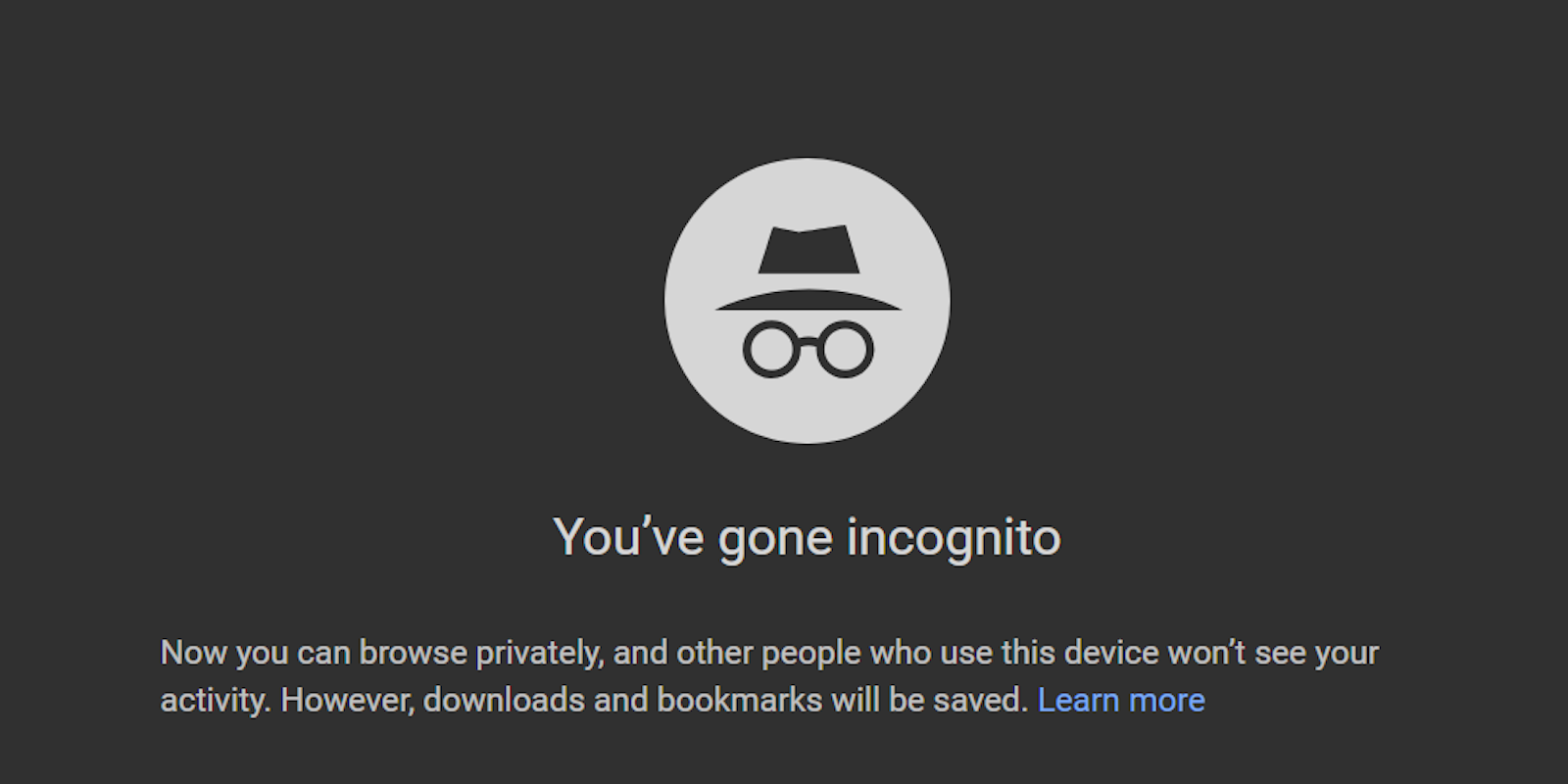Be careful when surfing the internet in incognito mode—your browsing data may not be as private as you think.
According to a study released Tuesday by Digital Content Next, Google could retroactively link incognito mode browsing on Chrome to specific users.
If a person logs into a Google service before exiting out of incognito mode, the company could potentially tie the data together. According to the study’s author, Google has the information necessary to make the connection.
A Google spokesperson told AdAge that the company does not connect incognito activity with Google account information after you’ve exited your private session. “[O]ur ads systems have no special knowledge of when Chrome is in incognito mode, or any other browser in a similar mode (ex: Safari Private Browsing, Firefox Private Browsing),” she said.
The spokesperson also said the report’s author, Douglas Schmidt, a computer science professor at Vanderbilt University, was once used as an expert witness for Oracle in a case against Google.
The study reported that two-thirds of Google’s data collection would be considered “passive,” a method in which an application is designed to gather information while in use, “possibly without the user’s knowledge.” Though the information is usually gathered without identifying a specific user, Google has the ability to use data from other sources to identify the individual, according to the study.
H/T AdAge


